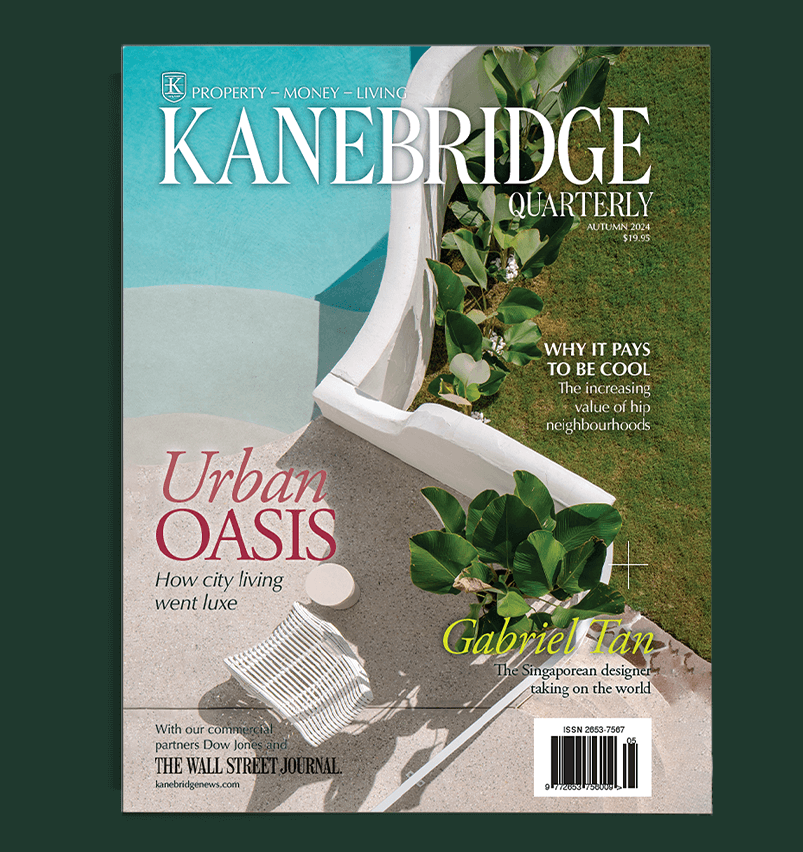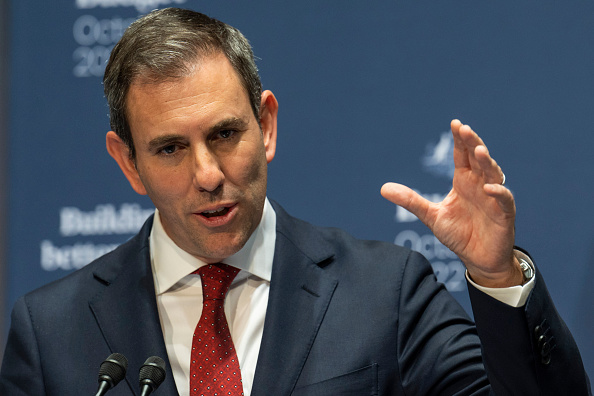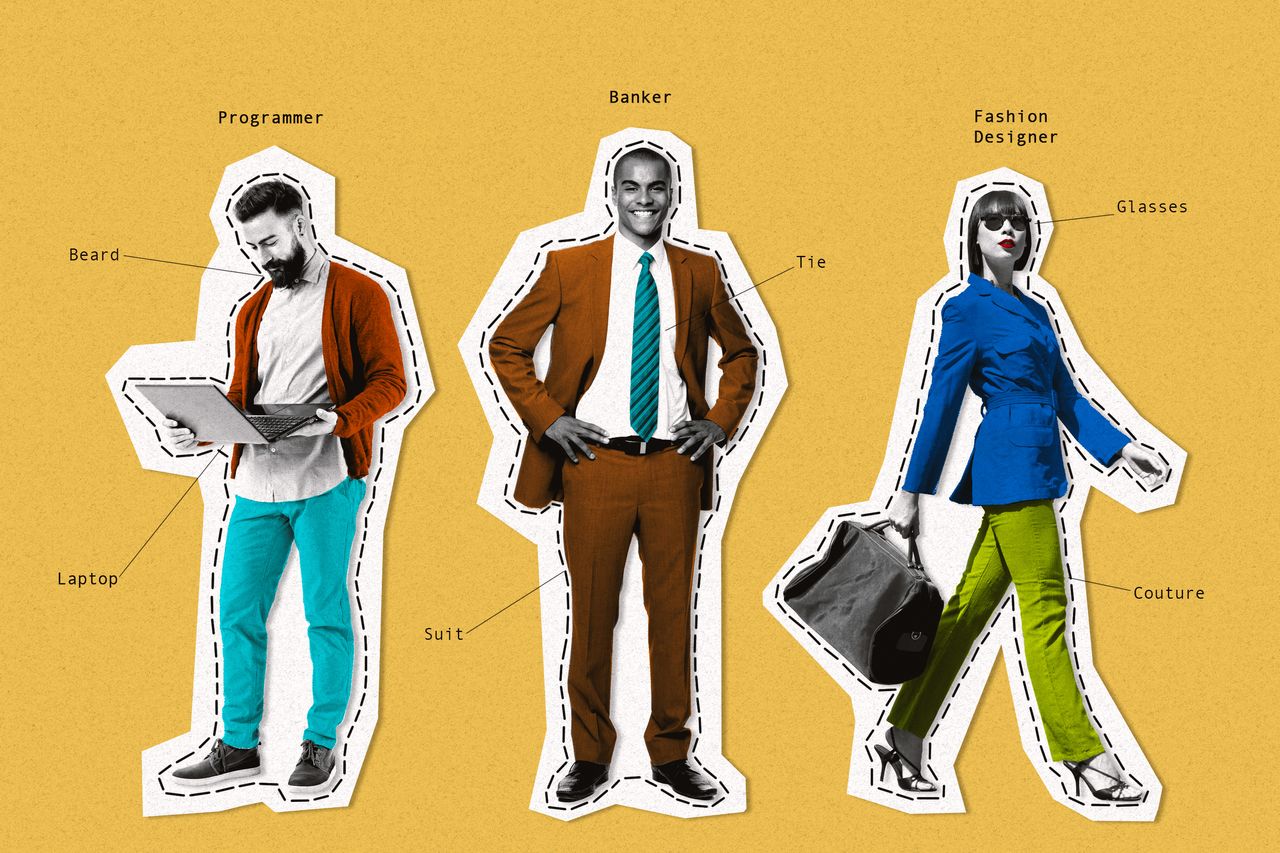Sweden Has a Caffeinated Secret to Happiness at Work
Workers and bosses alike are trying to figure out ways to reinvigorate work life. Could a cherished Swedish coffee ritual be the answer?
Would work be better if we all took a collective coffee break?
Workers in Sweden certainly think so. There, work life has long revolved around fika, a once- or twice-a-day ritual in which colleagues put away phones, laptops and any shoptalk to commune over coffee, pastries or other snacks. Swedish employees and their managers say the cultural tradition helps drive employee well-being, productivity and innovation by clearing the mind and fostering togetherness.
Now, as bosses and workers elsewhere try to reinvigorate office life and flagging job satisfaction, fika fascination is seeping into other workplaces.
The Grand, a New York-based career and leadership coaching platform, summons its all-remote staff of 10 every other Friday for coffee and conversation over Zoom. London-based Hubble, a website for finding flexible workspaces, took up the tradition after being introduced to it by a Swedish staff member.
“Everyone has an excuse to log off and let their hair down,” said Tushar Agarwal, chief executive of Hubble, where staff gather the last Thursday of every month for baked goods, chitchat and, of course, coffee.
A recent product offering—for part-time office space with new contract terms—sprang from a discussion that took place during fika, says chief of staff Charlie Bastier. It’s now one of the fastest-growing revenue streams, he says.
Not a Starbucks run
The pressure to make tweaks to the daily ritual is particularly acute in the U.S. Employees continue to report feeling less engaged in their jobs than in pre pandemic times, Gallup data show.
In addition, bonding with colleagues has become harder and less of a priority for many people in the hybrid world of work. Some employers worry the lack of social cohesion is harming company culture and operations.
At The Grand’s regular fika, staffers take turns hosting, leading with casual conversation or a board game such as Code Names or a drawing competition. The Grand’s co-founder Rei Wang says that fika allows her to spend time with her staff, making her a better leader.
“Learning more about their passions and their geniuses helps me understand and collaborate with them,” she says.
Pronounced “fee-kah,” the Swedish culture of breaking for coffee involves much more than a schlep to Starbucks. It’s meant to be a deliberate pause to provide space and time for people to connect. Many Swedish companies build a mandatory fika into the workday, while the Embassy of Sweden in Washington holds one for staff weekly. IKEA, promoting its Upphetta coffee maker on the corporate website, extols the virtues of fika: “When we disconnect for a short period, our productivity increases significantly.”
“Fika is where we talk life, we talk everything but work itself,” said Micael Dahlen, professor of well-being, welfare and happiness at the Stockholm School of Economics. The ritual helps drive trivsel, he says, a term that means a combination of workplace enjoyment and thriving. The concept is so fundamental to Swedish workplaces that many companies in Sweden have trivselcommittees, he said.
Dahlen said he suspects a pandemic-era drop in office fikas contributed to a sharp decline in Swedes’ happiness at work. Just over half of workers in Sweden reported a high level of job satisfaction in 2022, according to Eurostat, compared with 69.5% in 2017.
A productivity booster
There’s some evidence that communal coffee breaks help boost productivity. In a study of call centre workers at Bank of America, researchers at the Massachusetts Institute of Technology found that teams that scheduled 15-minute breaks together were 18% more communicative with one another through the workday than groups with staggered breaks.
Annual turnover, likewise, was 12% among teams that held collective coffee breaks versus 40% among other workers. In all, the teamwork fostered via the breaks led to an estimated $15 million in increased annual productivity, says lead researcher Ben Waber.
“People who are in a tight knit social group have higher levels of trust,” said Waber, who has since founded a behavioural analytics company called Humanyze.
Hubble employees take turns baking and get a stipend of about $20 for supplies for the company’s monthly fikas. Last week, 26 staff members gathered in a communal area away from desks and cubicles.
Kate Mehigan, an account manager, brought in homemade arancini balls and Eliot Dixon, an account team lead, laid out a Basque cheesecake from a recipe he’d found online. Some people played ping pong.
Fleur Sylvester, a Hubble account executive, used the time to quiz a colleague on training advice for running a half-marathon. Sylvester says when she joined the company over a year ago the gatherings were invaluable for helping put faces to names.
“You get an opportunity to speak to other team members that you don’t get to talk to on a day-to-day basis,” Sylvester said. “When you’re online you don’t get the opportunity to have those chats.”
Peter Linder, head of thought leadership in North America for Swedish telecom giant Ericsson, recently introduced the fika concept to Jason Inskeep, senior director at management consulting company Slalom. The two men had initially met on a joint panel discussion, and Linder wanted to congratulate Inskeep on his new job at Slalom. He sent Inskeep a Zoom invite for a 20-minute fika one-on-one.
“I didn’t know what it was,” Inskeep said.
The vibe of the midmorning conversation—which meandered from the future of artificial intelligence to Inskeep’s own feelings navigating a new company culture—was different from the usual business tête-à-têtehe said. Bouncing ideas back and forth in a relaxed way left him feeling energised the rest of the morning.
“It was a mix of coffee shop and barber shop,” he said.
 Copyright 2020, Dow Jones & Company, Inc. All Rights Reserved Worldwide. LEARN MORE
Copyright 2020, Dow Jones & Company, Inc. All Rights Reserved Worldwide. LEARN MORE
This stylish family home combines a classic palette and finishes with a flexible floorplan
Just 55 minutes from Sydney, make this your creative getaway located in the majestic Hawkesbury region.
If you’re looking to secure a home loan, you might want to consider these expert tips…
No matter whether you’re a first home buyer or a seasoned investor, entering the property market right now, in whatever capacity, is a tricky task thanks to high interest rates and a super competitive market across the board.
With Google searches like ‘how much deposit do I need to buy a house’ and ‘how to get a home loan’ currently trending, there’s one question potential buyers should be asking, as well: ‘what are the things to stop doing before applying for a home loan’.
Barbara Giamalis, a mortgage broker at Tiimely Home, has over 25 years of experience on the matter, and says there are certainly some factors to consider when applying for a home loan that can better your chances of success.
“There’s no right or wrong time to purchase a home; it all depends on every person’s financial situation, but you must ensure you’re comfortable paying back the loan based on your personal financial circumstances,” said Ms Giamalis.
“The number one question I’m asked is, ‘how much can I borrow?’, but there’s a huge difference between what people can borrow now in comparison to rates. By enacting some of these small tips below, it might just be the difference between getting approved or denied for a home loan.”
Below, Ms Giamalis lists five things you should consider stopping if you’re planning to apply for a home loan. And with predications of lower interest rates coming into play this year, there’s never been a better time to get on top of the home loan race.
—
1. Consider cancelling your credit card
This is a simple one. Typically, if you’re looking to borrow more money for a higher loan, it’s wise to close any credit card accounts you have open. Contrary to popular opinion, you definitely don’t need a credit card to build your credit score to get a home loan.
“If you’ve got credit cards, try and pay them off and cancel them before applying for a loan because it gives you greater borrowing power,” said Ms Giamalis.
“You don’t need a good credit score through a credit card to get approved for a home loan as your credit rating is what it is. If you’re a first-time borrower and never had a loan, your rating won’t be great, it might be around 700, but it’s better than having 800 with two credit cards.”
Typically, a credit card rating is calculated from your credit report, which is essentially a history of your credit card actions. It’s calculated based off your line of credit (the amount you have borrowed), your credit application history, and whether you have paid your debts in time. Your score will be highlighted between zero to 1,200; the higher the score, the better your odds are of getting a loan. The lower your score, riskier you present to potential lenders.
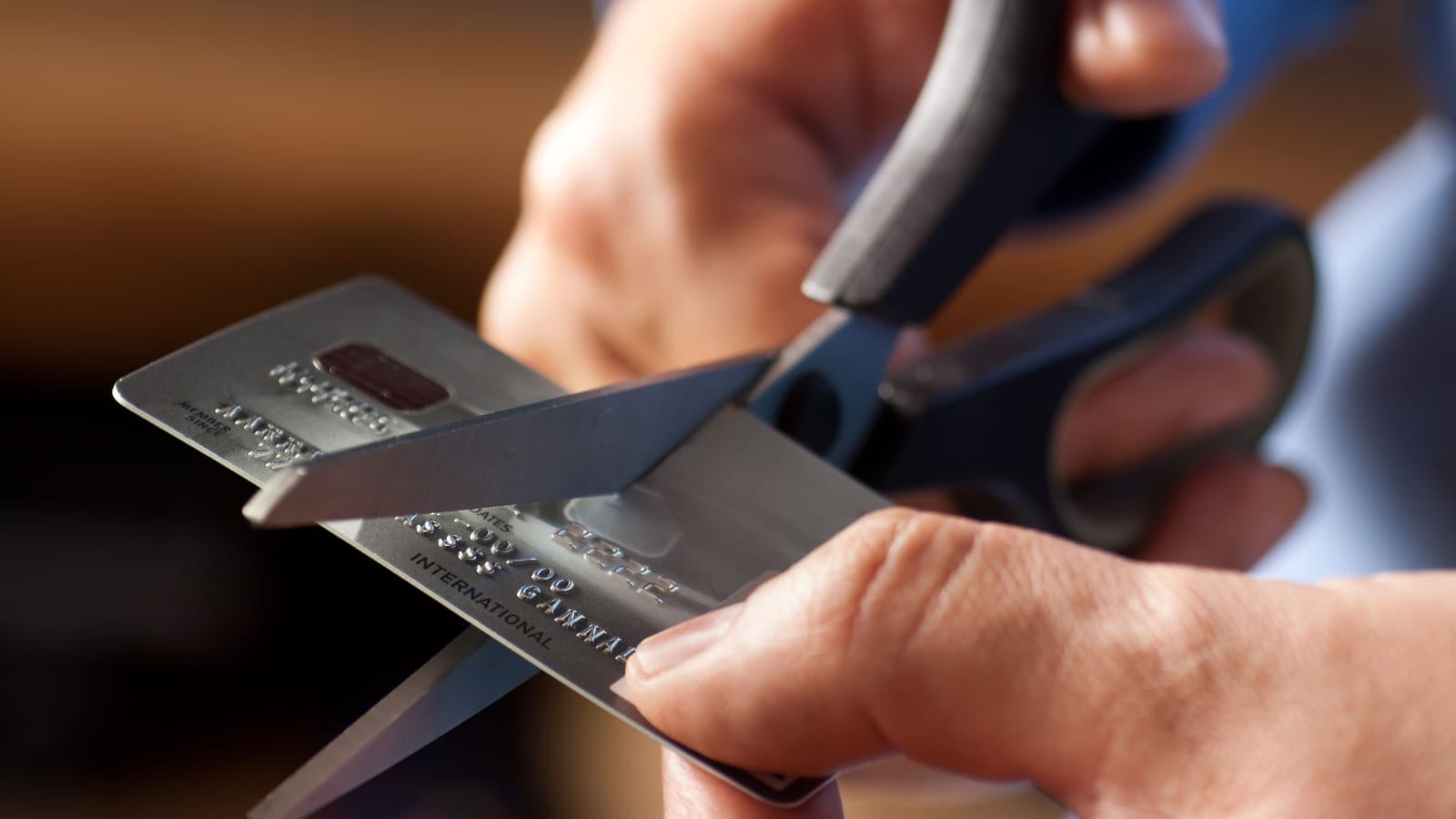
2. Stop using ‘Buy Now, Pay Later’ schemes
We’ve all been there. ‘Buy Now, Pay Later’ services present as extremely attractive payment alternatives when shopping online. But therein lies the danger; such services rely on its customers not making repayments in time.
And if you’re considering applying for a home loan, it’s wise to avoid using such services all together.
“If an applicant opts to pay off purchases in increments, even interest-free payments, this could signal to some lenders that the applicant may not be financially stable,” said Ms Giamalis.
“Most lenders will look at the living expenses of an applicant. If an applicant is using ‘buy now, pay later’ services more than what they have in their savings, this could be a red flag and lenders could question whether they can afford a loan.”
Services like Afterpay also have the right to report any missed payments on your credit history, which could definitely have a negative impact to your credit score.
3. Don’t put off saving for future mortgage repayments
Before applying for a home loan, a good indication of whether you would be able to afford the monthly repayments on your mortgage is demonstrating the ability to save the amount. This, along with saving for your ten or 20 percent deposit, will put you in good stead for your home loan preparation, and will show lenders that you’re disciplined when it comes to finances.
“One of the best tips for young people, and one they can start doing now, is to start saving for their monthly mortgage payment before applying for a home loan as it shows dedication,” said Ms Giamalis.
Ms Giamalis adds that having a three-month saving history is a great way to prove this to potential lenders.
Here are some friendly financial tools to assist you along the way.
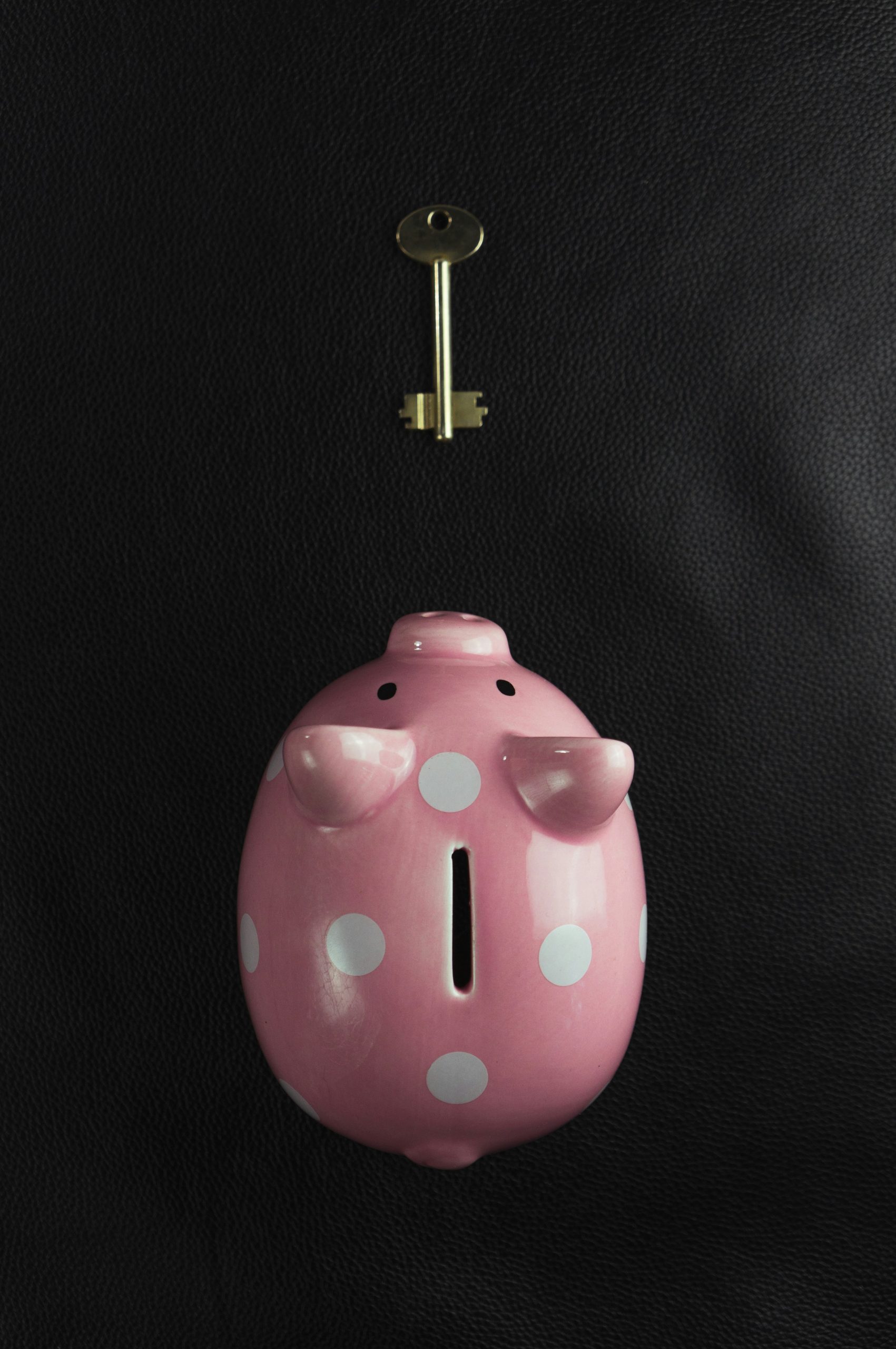
4. Stop gambling and making cash withdrawals
According to Gambling Statistics Australia, 6.8 million Australians participate in some form of gambling each year. This could include activities like buying a ticket in the lottery right through to using gambling apps and visiting casinos. This can present as an obvious red flag to lenders, who will take this into account when deciding to service a home loan application or not.
Another factor to consider is cash withdrawals. If you’re someone who is making regular ATM cash withdrawals per week or per month, this can be a problem as the potential lender can’t track where this money is going. Experts suggest it’s better to have purchases that are traceable.
“Large one-off purchases such as a couch, a new hot water service or a motor vehicle, won’t be taken into an applicant’s living expenses as it’s a one-off meaning the banks will look at that as a discretionary cost,” added Ms Giamalis.

5. Don’t hold onto student debt
One of the key considerations your mortgage broker or financial professional will consider in the home loan application process is paying out any debts you may have outstanding, such as your higher education debt.
It might seem obvious that paying off a HECS debt will strengthen your chances of obtaining a home loan, however, Ms Giamalis says many people often don’t factor in these debts.
“The Higher Education Loan Program (HELP) impacts your borrowing power. HELP debt is a liability that you need to declare in the home loan application process,” said Ms Giamalis.
“The impact of HECS on your ability to get a home loan may vary depending on your income level and the amount of your HECS debt. Seeking financial advice before deciding to pay off your debt is crucial.”
Many are not in the position to pay off their student loans immediately, so this point comes as an additional should you be in the position to do so. This also applies even in light of the Federal Government’s proposal to wipe a reported $3 billion in debt from three million Australians who have HECS debts through indexation changes, essentially capping indexation rate for loans. The proposal is designed to lend a hand in helping young tertiary educated Australians pay off their student loans.
—
This stylish family home combines a classic palette and finishes with a flexible floorplan
Just 55 minutes from Sydney, make this your creative getaway located in the majestic Hawkesbury region.



